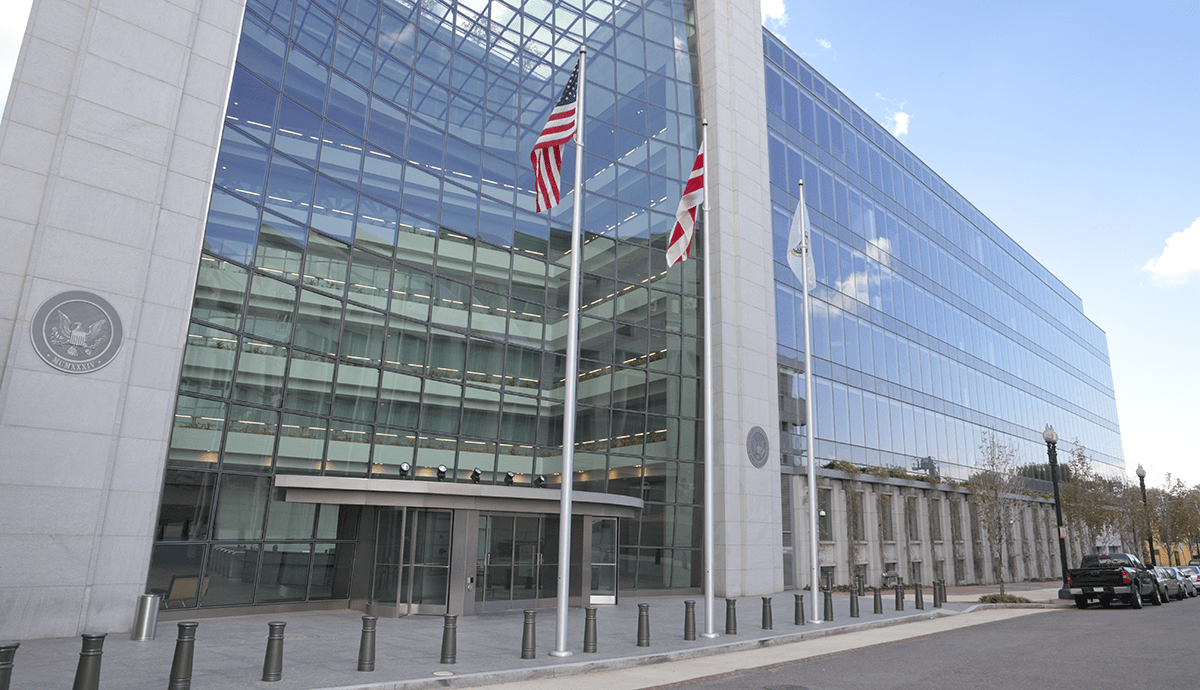[ad_1]
Taking nonfinancial information into account when conducting financial analyses is not entirely new to professional investors and analysts. But the demand for information beyond revenue, earnings, and other conventional accounting measures has increased significantly in recent years. This year, investors with over $130 trillion in assets asked more than 15,000 companies worldwide to specifically disclose environmental information so that they could evaluate how it impacted their investments.
Companies now report more nonfinancial environmental, social, and governance (ESG)-related data than ever before. Indeed, an analysis of 50 Fortune 100 companies by White & Case LLP found that all 50 had included environmental disclosures in the 2022 reports they filed with the US Securities and Exchange Commission (SEC). When a company discloses nonfinancial information in its Form 10-K annual report or other specific SEC filings, it becomes subject to the SEC filing review process.
Based on our survey of the related academic literature, here is what investors should know about the SEC filing review process and how it may affect ESG-related disclosures.
The SEC Filing Review Process
The SEC Division of Corporation Finance handles the filing review process as an important element of its day-to-day responsibilities. The SEC selectively reviews companies’ filings made under the Securities Act of 1933 and the Securities Exchange Act of 1934 to check for compliance with applicable accounting and disclosure requirements. The goal is to ensure that companies provide investors with material information to make informed investment decisions.
Under the Sarbanes–Oxley Act of 2002, the SEC must review all companies at least once every three years. To manage this workload, the SEC strategically schedules the filing reviews throughout the year. Many of the largest companies by market capitalization have at least some aspects of their filings reviewed annually, while smaller companies may only have their filings reviewed once every three years.
When the SEC staff believe companies can enhance their disclosures, they issue a comment letter to the company and request a response within 10 business days. The general public can access these comment and response letters to understand the SEC’s concerns and how the companies sought to address them.
No Guarantee That (ESG) Disclosures Are Complete and Accurate
The SEC filing review process has some important limitations — at least two of which create frequent misunderstandings. First, the SEC discloses only those filing reviews that resulted in at least one comment. It does not disclose which filings it reviewed without comment. Thus, the public generally will not know whether the SEC reviewed a filing without comment except through cumbersome Freedom of Information Act (FOIA) requests. Second, the SEC may review an entire filing cover-to-cover or just certain parts of specific filings, but it does not disclose the scope of its review to the public.
What do these limitations mean for ESG-related disclosures? The SEC typically begins filing reviews with the annual report. But companies file considerable ESG-related information in their DEF 14A proxy statements, which the SEC may or may not review. In fact, DEF 14A filings have received comment letters less than one-third as often as 10-K annual reports. In addition, if ESG-related disclosures are outside an SEC filing altogether — in a sustainability report on the company’s website, for example — the SEC may have no responsibility to review those disclosures.
So, stakeholders should not assume that “no news is good news.” There may be no record of an SEC comment letter related to ESG disclosures because the SEC did not review the disclosures. And even if it did review some ESG-related information, the SEC states that this does not guarantee the disclosures were complete or accurate. Securities law does not require that companies disclose their material ESG matters. That it does is a “myth” or “misunderstanding,” as then-SEC Commissioner Allison Herren Lee explained in a May 2021 speech.
Where Will the SEC Be Most Effective?
Our analysis of the literature suggests that the SEC is better at enforcing compliance with bright-line accounting and disclosure rules but is less likely to issue a comment letter when disclosures rely heavily on a company’s professional judgment. Given the subjective nature of many ESG-related disclosures and the lack of a generally accepted reporting framework, it is not clear from a compliance-monitoring perspective how rigorous SEC oversight of ESG disclosures can be.
Instead, academic research suggests that the public dissemination of SEC comments and company responses could help companies reach consensus and converge on disclosure norms. This will ultimately take time and thus may not keep pace with the rising demand for ESG-related information.
More ESG-Related Comment Letters to Come
It is no surprise that CFA Institute, BlackRock, and other investment professionals have applauded the SEC’s push to require climate-related information in companies’ registration statements and annual reports.
As a result, we expect the SEC will increasingly comment on ESG-related disclosures to ensure compliance with the related requirements. The message is clear: This reporting area may not be entirely new, but it is evolving rapidly, and it is up to all of us to keep up.
If you liked this post, don’t forget to subscribe to the Enterprising Investor.
All posts are the opinion of the author(s). As such, they should not be construed as investment advice, nor do the opinions expressed necessarily reflect the views of CFA Institute or the author’s employer.
Image credit: ©Getty Images / qingwa
Professional Learning for CFA Institute Members
CFA Institute members are empowered to self-determine and self-report professional learning (PL) credits earned, including content on Enterprising Investor. Members can record credits easily using their online PL tracker.
[ad_2]
Source link









 Bitcoin
Bitcoin  Tether
Tether  XRP
XRP  USDC
USDC  Lido Staked Ether
Lido Staked Ether  Dogecoin
Dogecoin  LEO Token
LEO Token